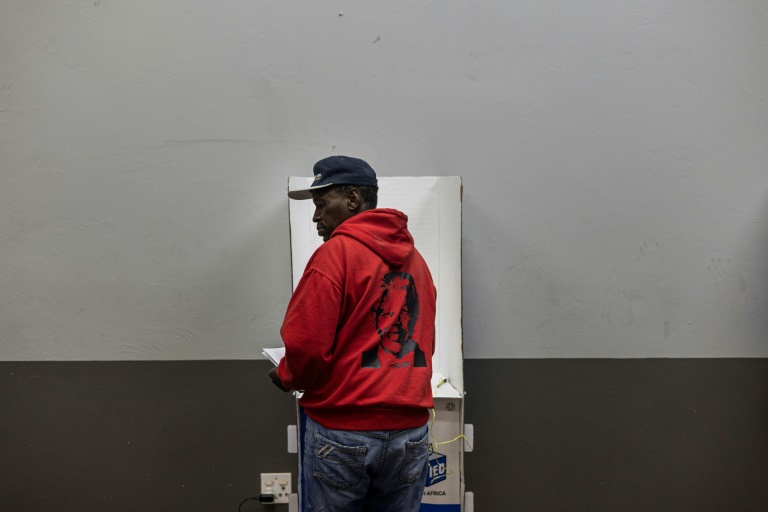Image for representation purpose only.
| Photo Credit: Reuters
Two senior U.S. treasury officials are in India to urge New Delhi to maintain the implementation of the oil price cap aimed at limiting profits to Russia, while also promoting stable global energy markets.
Acting Assistant Secretary for Terrorist Financing Anna Morris and PDO Assistant Secretary for Economic Policy Eric Van Nostrand are travelling to New Delhi and Mumbai from April 2-5 to meet with government and private sector counterparts, the U.S. Department of the Treasury said in a statement on April 3.
“They will discuss key bilateral issues, including cooperation on anti-money laundering and countering the financing of terrorism, other illicit finance issues, and continued implementation of the price cap, which seeks to further limit the profits Russia receives to fund its illegal invasion while promoting stable global energy markets,” it said.
Following Russia’s February 2022 invasion of Ukraine, the G7 nations, the European Union, and Australia jointly implemented a price cap. This cap prohibits the utilisation of Western maritime services, including insurance, flagging, and transportation, for tankers transporting Russian oil priced at or above $60 per barrel.
In 2023, Russia had emerged as India’s top oil supplier. India has strong economic and defence ties with Russia and has refrained from criticising Moscow over its war with Ukraine.
Ms. Morris and Mr. Nostrand will deliver remarks on the price cap and participate in a Q&A hosted by the Ananta Aspen Centre in New Delhi on April 4, the statement said.
As Ms. Morris and Mr. Nostrand noted in a blog post last month, the second phase of the price cap continues to achieve its twin goals: restricting Russia’s oil profits, while supporting energy market stability, it said.
“The price at which Russia sells its oil has declined markedly since the second phase began; the shift reflects the effects of reduced oil prices globally over this period, but also a significant widening in the discount Russia earns relative to other global oil suppliers,” it said.
Energy market participants, analysts, and even Russian President Vladimir Putin’s own oil czar have linked the rising discount on Russian oil to the Coalition’s increased enforcement activities reflected in the second phase of the price cap — clear evidence that this second phase is working, the statement said.
“The price cap is helping maintain a steady supply of energy to global consumers and businesses, and providing key importers like India with more leverage to drive steeper bargains. At the same time, the price cap, along with key sanctions enforcement measures, is reducing Putin’s profits from selling that oil,” it said.






